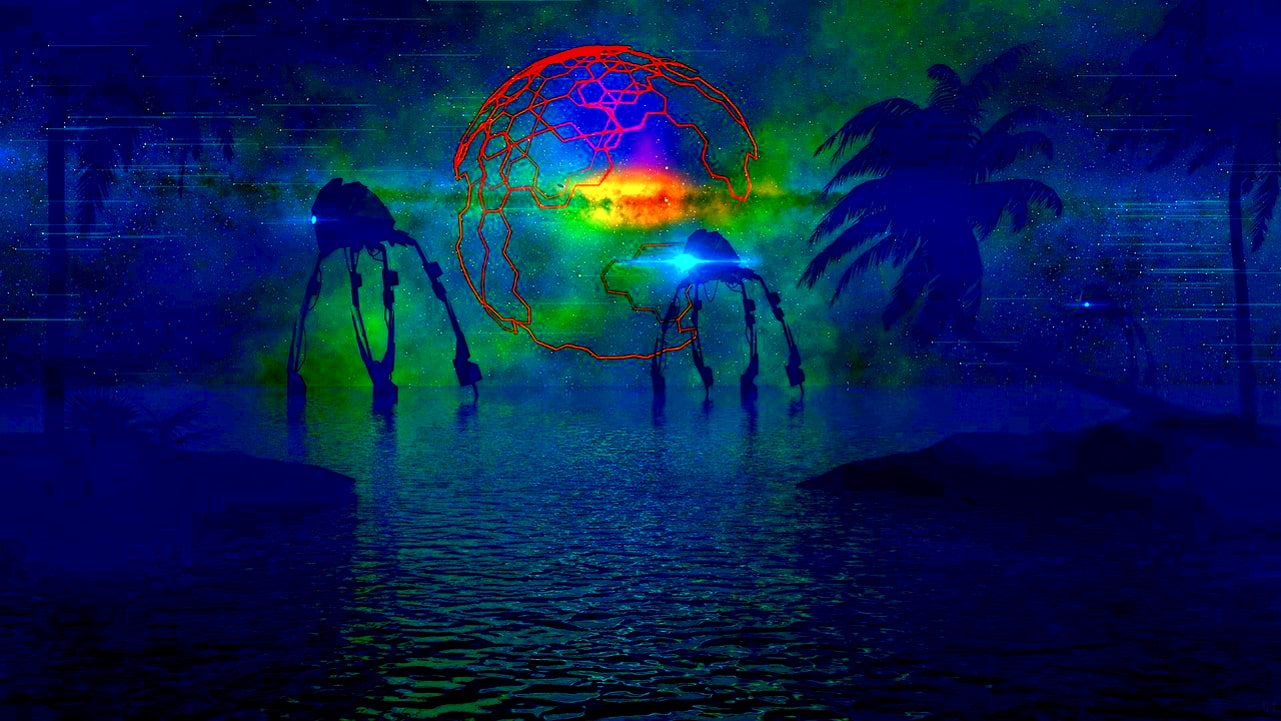A comparison of Google’s TensorFlow and OpenAI’s GPT in terms of their strengths and weaknesses, and an exploration of how the competition between these two giants will impact the future of AI technology.
Google and OpenAI are two of the biggest names in the field of artificial intelligence (AI), and both companies have made significant contributions to the development of AI technologies. Recently, Google has been intensively working on its own AI system, and the question arises: will it perform better than OpenAI’s or worse?
To answer this question, we first need to understand what makes an AI system better than another. AI systems are evaluated based on various performance metrics, such as accuracy, speed, scalability, and robustness. Accuracy refers to the ability of an AI system to make correct predictions or decisions, while speed refers to how fast it can process data. Scalability refers to the ability of an AI system to handle large amounts of data and users, while robustness refers to how well it can handle unexpected situations and errors.
Google and OpenAI have different approaches to developing AI systems. Google has a more application-driven approach, with a focus on developing AI systems that can solve specific problems in domains such as natural language processing, computer vision, and robotics. OpenAI, on the other hand, has a more research-driven approach, with a focus on developing AI technologies that are more general-purpose and can be applied to a wide range of domains.
Google’s AI system, called TensorFlow, is one of the most widely used AI frameworks in the world, and it has been used to develop many cutting-edge AI applications. TensorFlow is an open-source software library for dataflow and differentiable programming across a range of tasks. It is a symbolic math library and is also used for machine learning applications such as neural networks.
OpenAI’s AI system, called GPT (Generative Pre-trained Transformer), is a state-of-the-art natural language processing system that has set new benchmarks in language modeling, text generation, and machine translation. GPT has been trained on massive amounts of text data and can generate human-like text that is often difficult to distinguish from text written by humans.
In terms of performance, both Google’s and OpenAI’s AI systems have their strengths and weaknesses. Google’s TensorFlow is known for its speed and scalability, and it has been used to develop many high-performance AI applications that require real-time processing of large amounts of data. TensorFlow has also been used in the development of Google’s own AI applications, such as Google Translate and Google Photos.
OpenAI’s GPT, on the other hand, is known for its accuracy and robustness in natural language processing tasks. GPT has been used to generate human-like text that is often difficult to distinguish from text written by humans, and it has set new benchmarks in language modeling and text generation. GPT has also been used in the development of OpenAI’s own AI applications, such as the GPT-3 language model.
It is difficult to say whether Google’s AI system will perform better than OpenAI’s or worse, as both companies have their strengths and weaknesses. Google’s TensorFlow is known for its speed and scalability, which make it well-suited for applications that require real-time processing of large amounts of data, such as video processing and robotics. OpenAI’s GPT, on the other hand, is known for its accuracy and robustness in natural language processing tasks, which make it well-suited for applications such as language translation and content creation.
Google and OpenAI are two of the biggest names in the field of artificial intelligence, and both companies have made significant contributions to the development of AI technologies. Google’s TensorFlow and OpenAI’s GPT are two of the most widely used AI systems in the world, and they have their strengths and weaknesses in different domains. It is difficult to say whether Google’s AI system will perform better than OpenAI’s or worse, as it depends on the specific application and task. However, one thing that is certain is that the competition between these two giants will drive further advancements in the field of AI, benefiting the entire industry and society at large.
Do you think the competition between Google and OpenAI will lead to faster advancements in the field of AI, or will it lead to more fragmentation and proprietary technologies?

